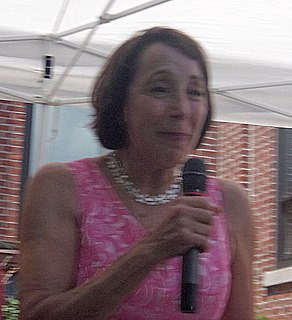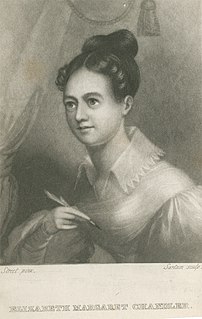A Quote by Tim Burton
There was one moment, and it happened in school. I had a big final exam - we were supposed to write a 20-page report on this book about Houdini. I probably would have loved reading it, but I didn't, so I just decided to make a little super-8 movie based on it. I tied myself to the railroad tracks and all that. I mean, this is kid stuff, but it impressed the teacher, and I got an A. And that was maybe my first turning point, when I said, 'Yeah, I wouldn't mind being a filmmaker.'
Quote Topics
About
Based
Being
Big
Book
Decided
Exam
Filmmaker
Final
First
Got
Had
Happened
Houdini
Impressed
Just
Kid
Little
Loved
Make
Maybe
Mean
Mind
Moment
Movie
Myself
Page
Point
Railroad
Railroad Tracks
Reading
Report
Said
School
Stuff
Super
Supposed
Teacher
Tied
Tracks
Turning
Turning Point
Were
Would
Write
Yeah
Related Quotes
When I was in fourth grade... this wonderful teacher said you didn't have to write a book report, you could just talk about the book, you could do a drawing of the book, you could write a play inspired by the book, and that's what I did. I got to be so famous. I had to go around to every school and perform it. It was just so natural and fun.
So are you turning out like them? Do you still write and draw?" "yeah, but I don't do anything personnal or profound. My parents take life way to seriousely. I lke to make people laugh. I had a regular cartoon feature in the school news paper and created some for the year book. Social satire stuff. I've done a couple of political cartoons for wisteria's paper and just got one accepted in Easton's, which has a much bigger circulation. Impressed?
The book was just something that came along after we played the Super Bowl and I wrote a little essay that went online. Then I had two or three weeks and I said, wow, that essay was pretty good. Maybe I'll try and write some other stuff. Writing about the depression, I just felt - you know, when you write a book like this, you have to open up your life. You have to be willing to do so to a certain degree.
'Holes' was my favorite book ever. So you know when you love a book and you hear it's being made into a movie and it makes you a little annoyed at first? But I would've loved to play the Shia LaBeouf role in that movie when I was younger. I just wanted to be the rebellious kid on the old digging camp.
Once I got into high school, any time I had to do a talk or a speech, I just loved being up in front of an audience, it was always a character. And then I discovered that an impersonation of the teacher was a really, really good way to get a laugh, and it would also get you good marks, because the teachers were always bored and loved to be the "teacher-parody." So that became my little trick at school, and I became known for doing that.
Parker wasn't supposed to be a series. He was supposed to be one book, and if he was only going to be in one book, I didn't worry about it. And then an editor at Pocket Books said "Write more books about him." So I didn't go back at that point and give him a first name. If I'd known he would've been a series, I would've done two things differently. First, I would've given him a first name because that means for 27 books, I've had to find some other way to say, "Parker parked the car."
Hunter High School was a real turning point for me. I found out about its existence through the music school. Nobody I knew had gone to one of these special high schools, and my teachers didn't think it was possible to get in. But Hunter sent me a practice exam, and I studied what I needed to know to pass the exam.
If you take a book with you on a journey," Mo had said when he put the first one in her box, "an odd thing happens: The book begins collecting your memories. And forever after you have only to open that book to be back where you first read it. It will all come into your mind with the very first words: the sights you saw in that place, what it smelled like, the ice cream you ate while you were reading it... yes, books are like flypaper—memories cling to the printed page better than anything else.






































